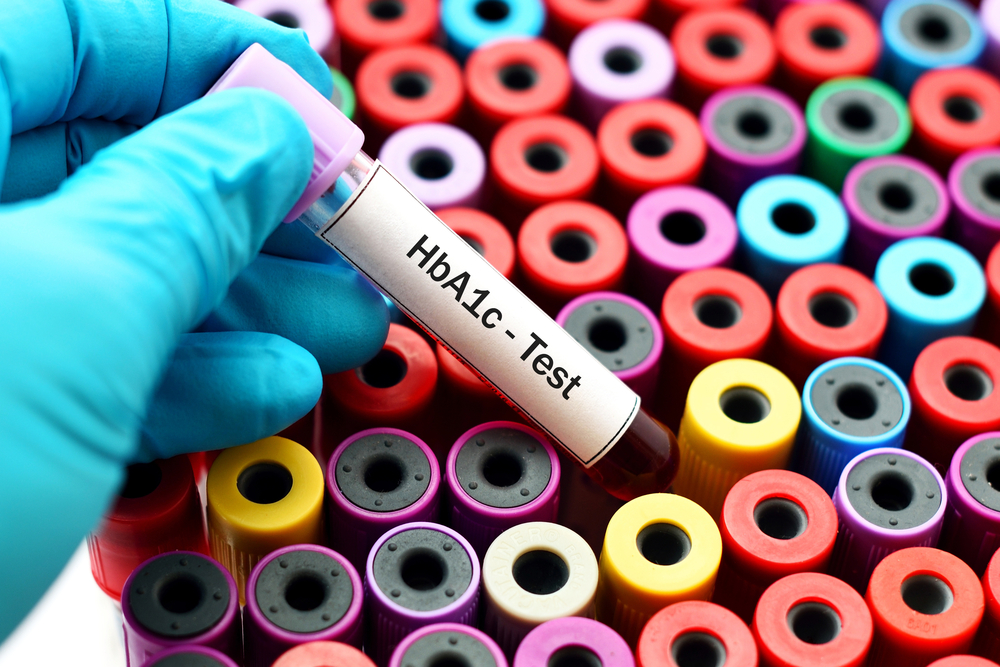Living Well with Diabetes: Tips for Daily Management

The Indian Council for Medical Research found that nearly 101 million Indians live with diabetes, making it a prevalent condition in the country. Diabetes, when not managed carefully, can result in serious health complications.
This blog post provides actionable tips for diabetes self-management to help ensure a comfortable life with diabetes.
What is diabetes?
Diabetes is a health condition that occurs due to elevated blood sugar levels. The absence of insulin or reduced insulin sensitivity can cause this. Insulin is a hormone that assists in breaking down and processing sugars. When the body stops producing insulin or does not respond to it, it leads to high blood sugar levels.
The condition when the body does not produce sufficient insulin is called type 1 diabetes; when the body becomes resistant to insulin, it is called type 2 diabetes.
Why is it important to manage diabetes?
Diabetes management is non-negotiable when it comes to leading a healthy life. Uncontrolled diabetes can be a cause of serious health issues such as heart disease, kidney disease, stroke, nerve damage, and blindness. Maintaining stable blood sugar levels can prevent or delay long-term health complications associated with the disease. Efficiently managing type 2 diabetes can improve the quality of life and overall health.
How to manage diabetes?
Living well with diabetes involves following certain strategies that can help maintain normal blood sugar levels and prevent sudden spikes. Here are some tips to improve life with diabetes:
- Balanced Diet
Managing diabetes with diet is a key strategy to regulate blood sugar levels and reduce complications associated with diabetes. A balanced diet should include foods from a variety of food groups. These foods should be chosen to provide nutrition without increasing blood sugar levels.
Fruits and vegetables are the best foods for diabetes control. They contain nutrients like vitamins, fibre and minerals and can help regulate blood sugar levels. Lean proteins like chicken and fish must be included in the diet to help maintain muscle mass. Similarly, whole grains provide ample fibre and can help improve insulin sensitivity, which will control diabetes.
- Stay Active
Staying active is an important aspect of the diabetes daily routine. Physical activity can improve insulin sensitivity, help control blood sugar levels, and reduce the risk of heart disease and other complications. According to the Centers for Disease Control and Prevention (CDC), at least one and a half hours of moderate exercise per week is essential. This can be achieved by engaging in brisk walking, cycling, swimming, or dancing.
Strength, weight and resistance training can also improve muscle mass and increase insulin sensitivity. Physical exercises also reduce stress and enhance mood, positively affecting diabetes control.
- Consult with a Healthcare Provider
Diabetes management should always be done in consultation with a healthcare professional. A healthcare provider can help develop a diabetes management plan customised to individual health conditions, medications and lifestyle changes. Regular consultations with healthcare providers ensure consistent monitoring and systematic revision of management goals and plans.
Many healthcare providers can help with diabetes management, such as primary care doctors and endocrinologists. A doctor can provide the resources necessary for type 2 diabetes self care and a better quality of life.
- Manage Stress
Stress is an integral part of life. However, it can impact diabetes management. Stress hormones like adrenaline and cortisol can interfere with the functioning of insulin, leading to insulin resistance and elevated blood sugar levels.
Managing stress can help improve diabetes self-management. Exercising is an effective strategy for stress control and can lower stress hormones. Additionally, engaging in meditation, journaling, and therapy can also reduce harmful levels of stress.
- Test Blood Sugar Levels Regularly
Blood sugar levels are the measurement of glucose in the blood. Regular testing of blood sugar levels is an important part of managing diabetes. Regular testing can help monitor the effect of diabetes medications, identify spikes and drops in blood sugar levels and track the progress of overall treatment goals.
Regularly testing blood sugar levels can also help identify how exercise, stress and other illnesses affect blood sugar levels and can aid healthcare professionals adjust treatment plans accordingly. Apart from blood sugar levels, it is also important to test blood pressure and cholesterol levels.
Regular testing is a vital part of maintaining good health. Diabetes management is most effective when blood sugar levels are monitored constantly. Consult the healthcare professional and book a diabetes test with the nearest lab today.
FAQs
1. Can I control diabetes with diet only?
For effective diabetes management, other strategies like exercise, stress management and regular testing are important along with diet.
2. How often should I test my blood sugar levels?
It is important to follow the advice of healthcare providers on when and how often to test blood sugar levels. Each individual may have a different and personalised testing schedule.
3. Who is at risk of diabetes?
A family history of diabetes is the major risk factor. A sedentary lifestyle, obesity, smoking, excessive alcohol intake and high blood pressure are also risk factors.














